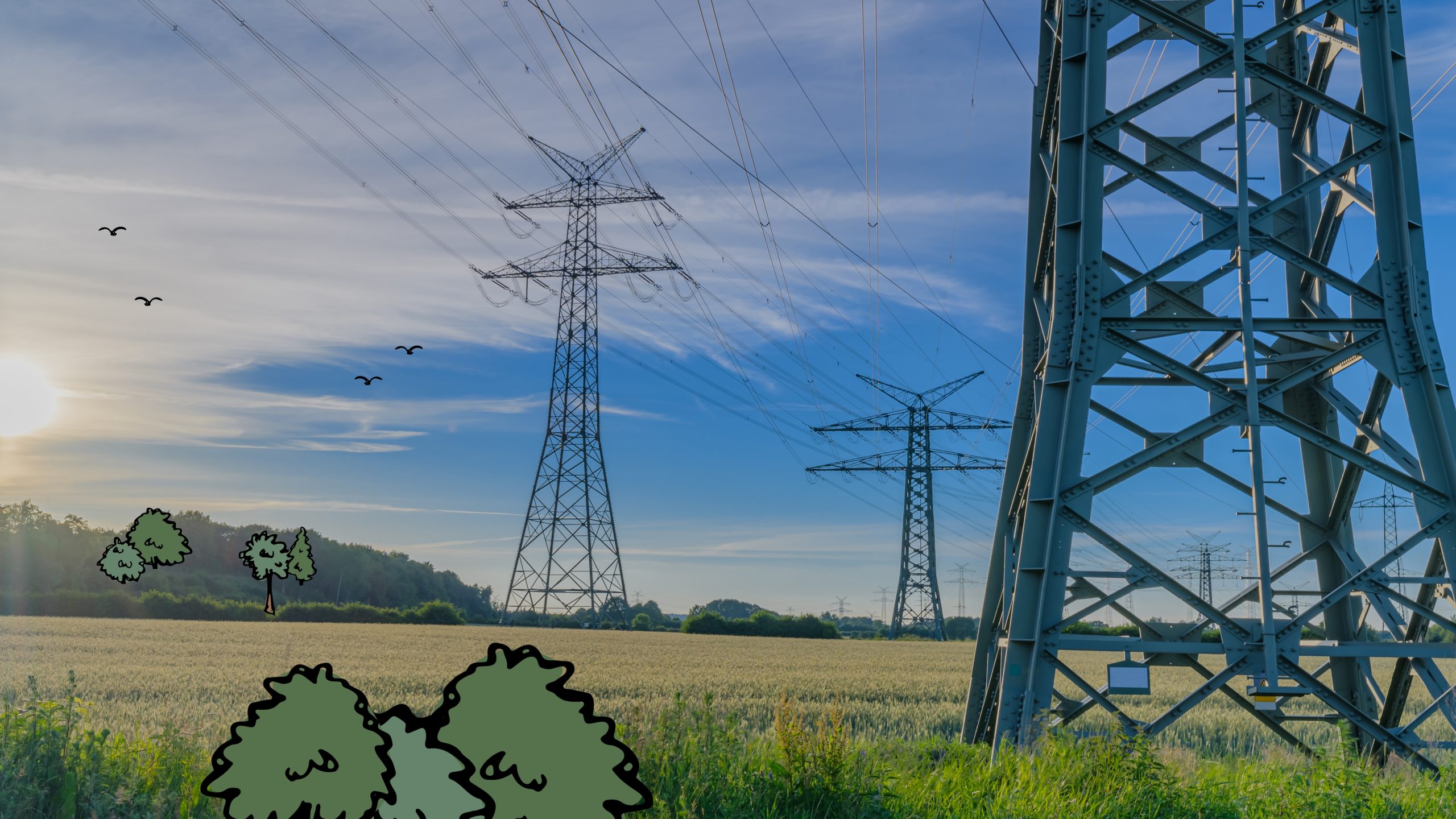Why energy risk now sits on the CFO’s desk
Access to capital now depends on clarity.
Banks, investors, insurers, and regulators are no longer waiting for organisations to act voluntarily on sustainability. They’re setting the terms. If a company can’t show credible, verifiable data on its carbon and energy performance, its ability to borrow, insure, or attract investment will start to tighten.
That responsibility now lands with the CFO. Frameworks like the IFRS sustainability standards are reshaping how business value and risk are measured, and energy data sits right at the centre. The quality of that data will decide whether a sustainability report holds weight — and whether a company can prove it’s managing risk responsibly.
The missing link in financial governance
Most finance leaders assume their organisations already have reliable data. But in reality, energy and associated carbon information is often scattered, incomplete, or unverifiable. It sits in different systems, owned by different teams, and is rarely audited. That gap leaves sustainability disclosures exposed and puts credibility on the line.
Finance teams are used to basing every decision on solid evidence. Forecasts, budgets, and cash flow all rely on structured, traceable data. Energy performance should be no different.
Without the same discipline as shown to the financial aspects of the business, decarbonisation plans are just educated guesses.
From compliance to control
Financial planning and decarbonisation are connected. Every spending decision affects both cost and carbon. Managing that balance takes the same structure and accountability that finance already applies to reporting and risk.
Energy data needs to be treated like financial data: it must be consistent, auditable, and ready for scrutiny. Achieving that means linking finance, operations, and sustainability around shared standards and integrated systems.
Technology helps close the gap. Real-time monitoring, scenario planning and reporting tools can turn energy performance into something measurable and dependable — a financial metric that informs investment decisions, supports compliance, and protects access to capital.
Clarity as a measure of value
Energy risk is financial risk. Treating it that way builds resilience and trust, both with regulators and with the market. Clear and reliable energy data is no longer a nice-to-have; it is a must-have.
Clarity now defines credibility. And credibility decides access to capital.



